Thanks to the new EU regulation on fertilising products, which became applicable last week, the new rules will boost the role of the Single Market, help reduce the environmental impact of fertilisers, limit their risk on human health as well as reduce Europe’s dependency on imported fertilisers. New EU rules will soon make it possible to market more organic and waste-based fertilisers in the EU.
The regulation covers a range of fertilising products including liming materials, soil improvers, growing agents, plant bio-stimulants and blends. This is an important step towards sustainable agriculture, one of the objectives of the Green Deal.
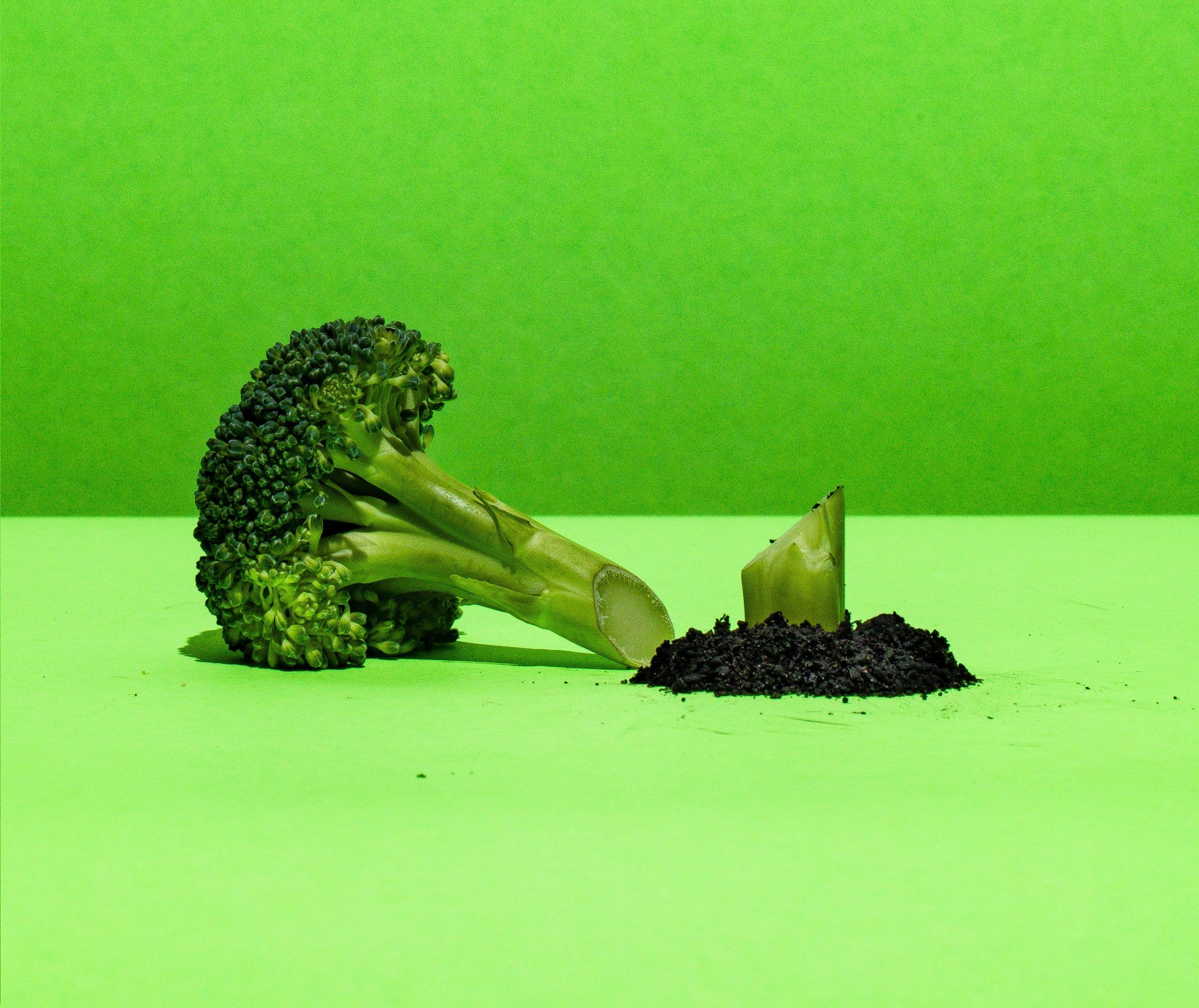
Climate change: new rules for companies to stop EU-driven deforestation globally
|
The new rules will:
- Open the Single Market to organic and waste-based fertilisers: the new rules define the conditions under which innovative organic fertilisers can be marketed in the Single Market. They address safety, quality and labelling requirements that companies producing and selling such fertilisers will need to comply with before affixing the CE mark, allowing their products to be freely traded across the EU without additional formalities.
- Establish limit values for toxic contaminants in fertilising products: The regulation for the first time introduces limits for toxic contaminants such as cadmium, mercury, or arsenic. This will contribute to a high level of soil protection and reduce health and environmental risks.
- Allow optional harmonisation: As fertilising products are sometimes produced locally, producers remain free to choose whether they want to apply the new EU rules or continue comply with EU countries’ national rules in order to place products on the EU market. Companies that wish to apply national rules without affixing the CE-mark will continue to be able to sell their products in other EU countries under the principle of mutual recognition.
A three-year transitional period since the adoption of the rules has helped companies to adapt their manufacturing processes and comply with the new rules. To support businesses with the implementation of new rules, the Commission has also issued a Guidance document on the labelling of EU fertiliser products. Furthermore, based on the extensive scientific research of its Joint Research Centre, the Commission also: (i) extended the new rules to allow the marketing of additional fertilisers with components out of recovered waste and; (ii) adopted accompanying legislation on the safe use of by-products from other industries, such as petro-chemical or metal industries, in the production of EU fertilising products.
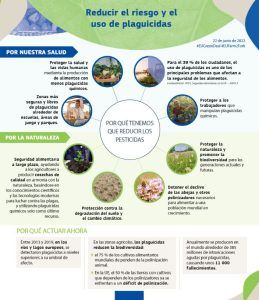
Reducing the risk and use of pesticides |
Background
Fertilisers made from organic waste material could replace 30% of mined fertilisers. However, based on the old rules, only conventional, non-organic fertilisers, typically extracted from mines or produced chemically could be traded freely across the EU. Up to now, innovative fertilising products produced from organic materials could only access the Single Market based on the principle of mutual recognition between Member States, which is often difficult due to diverging national rules. These products therefore had a competitive disadvantage, which hampered innovation and investment in the circular economy.
To address these issues, the Commission proposed the new rules for Fertilising Products in 2016, following a call for the revision of existing rules in the 2015 Circular Economy Action Plan. The revised regulation was adopted by the co-legislators on 5 June 2019.
More information: Internal Market, Industry, Entrepreneurship and SMEs – Press release

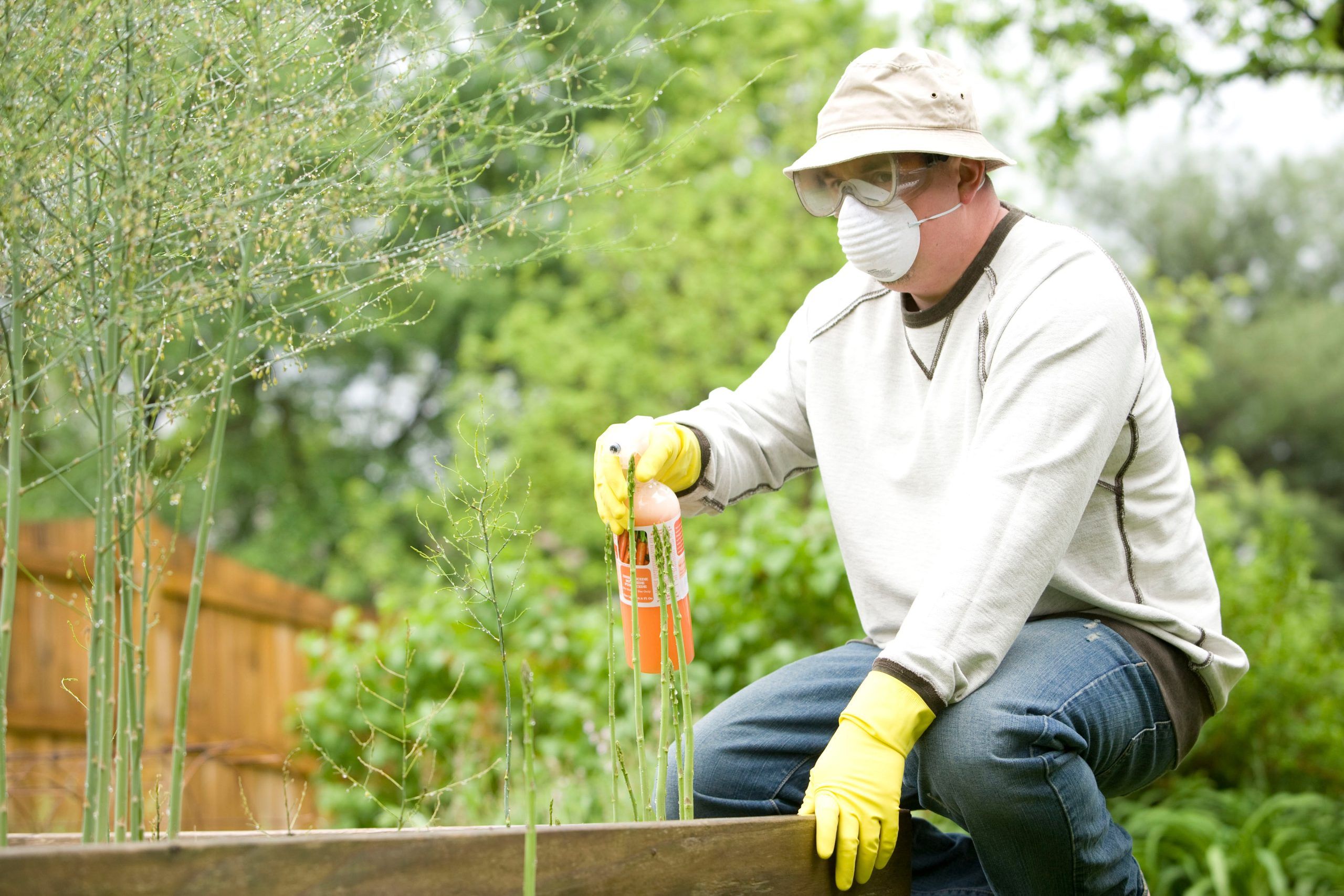

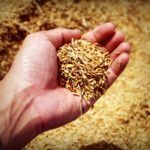
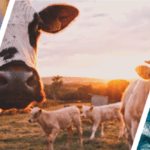
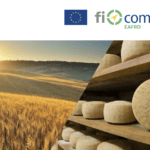
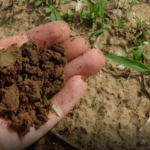
Leave a Reply